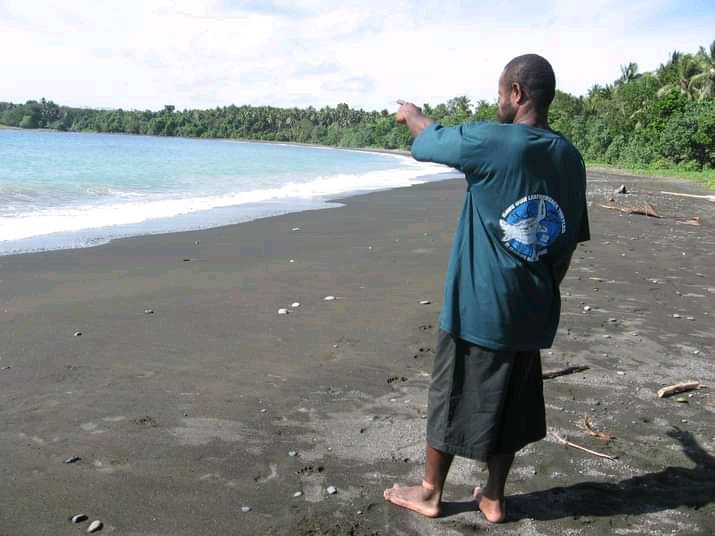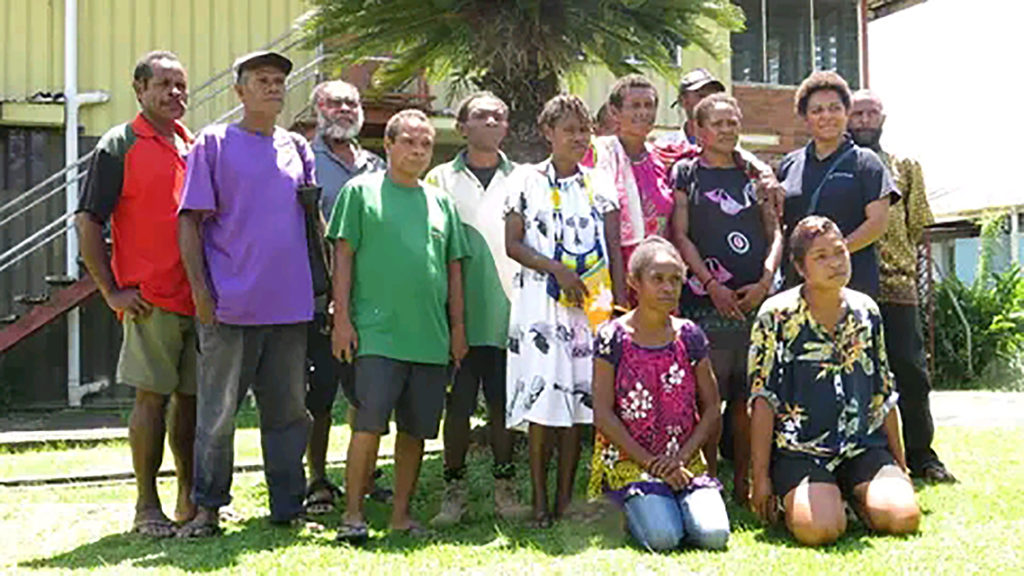Villagers along the north coast of Madang are calling on Prime Minister James Marape and the Mining Minister to establish a regulatory framework for sand mining in PNG.
The call is for the Mineral Resource Authority to make a provision within the Mining Act for sand mining policies and laws.
Currently, there is no regulatory framework or policy in place in Papua New Guinea.
Vanansius Barrar of Murukanam village Sumkar District says his village is under threat from logging activities and now sand mining is becoming a threat for locals who depend on the marine life for their sustenance and livelihood.
They are now carrying out a land survey to protect their land from sand mining and other illegal activities that continue to destroy the environment.
Barrar explained that the National Government must establish a regulatory framework for sand mining in the country in order to protect the environment.
Another local, Willie Mayng said their land is a conservation area and is a nesting zone for the endangered leatherback turtles.
He said the Government must take interest in this matter as the locals have been fighting hard since establishing the conservation area in 2008.
The landowner’s call was made following a one-day training on the environmental impact of sand mining in Madang recently.
The training was facilitated by an academic researcher, Ms Winnifred Duk, in the biology strand at the University of Goroka.
Duk explained PNG does not have any policy or legislative framework at this stage on sand mining operations.
Furthermore, there is no risk assessment guideline to protect the environment from sand mining operations.
As sand protects the environment and is not a renewable resource, the large scale of mining sand would bring environmental concerns, and social and economic impacts, including the direct habitat destruction and loss of biodiversity.
In November of 2020, landowners of the twenty-five villages along the north coast held a public forum at Tokain village and protested a Singaporean company, Niugini Sands after it filed an application to obtain an exploration license.
The mining of black sand would cover 51km of sandy beaches and cover a width of 10km into the sea and another 10km inland from Murunas to Tokain.

However, the company withdrew its application attributing it to the adverse publicity and negative commentary against the company’s reputation.
The former chief justice, Sir Arnold Amet, who was representing the locals as their legal advisor, said there is no separate law on sand mining in PNG.
In October of 2020, the Mineral Resource Authority Director, Jerry Garry, in a television interview also explained that PNG is yet to develop specific laws on sand mining.
Garry says the closest legislation that can be used for sand mining is the Alluvial Mining Act which does mention other minerals that can be extracted from sand.
Wenceslaus Magun, who heads MAKATA, a local NGO, dedicated to preserving the nesting areas of the leatherback turtles said the Government must act now.
Magun says there is no international law on sand mining and there is a huge gap that big companies are taking advantage of to push their agendas.


Comments are closed.